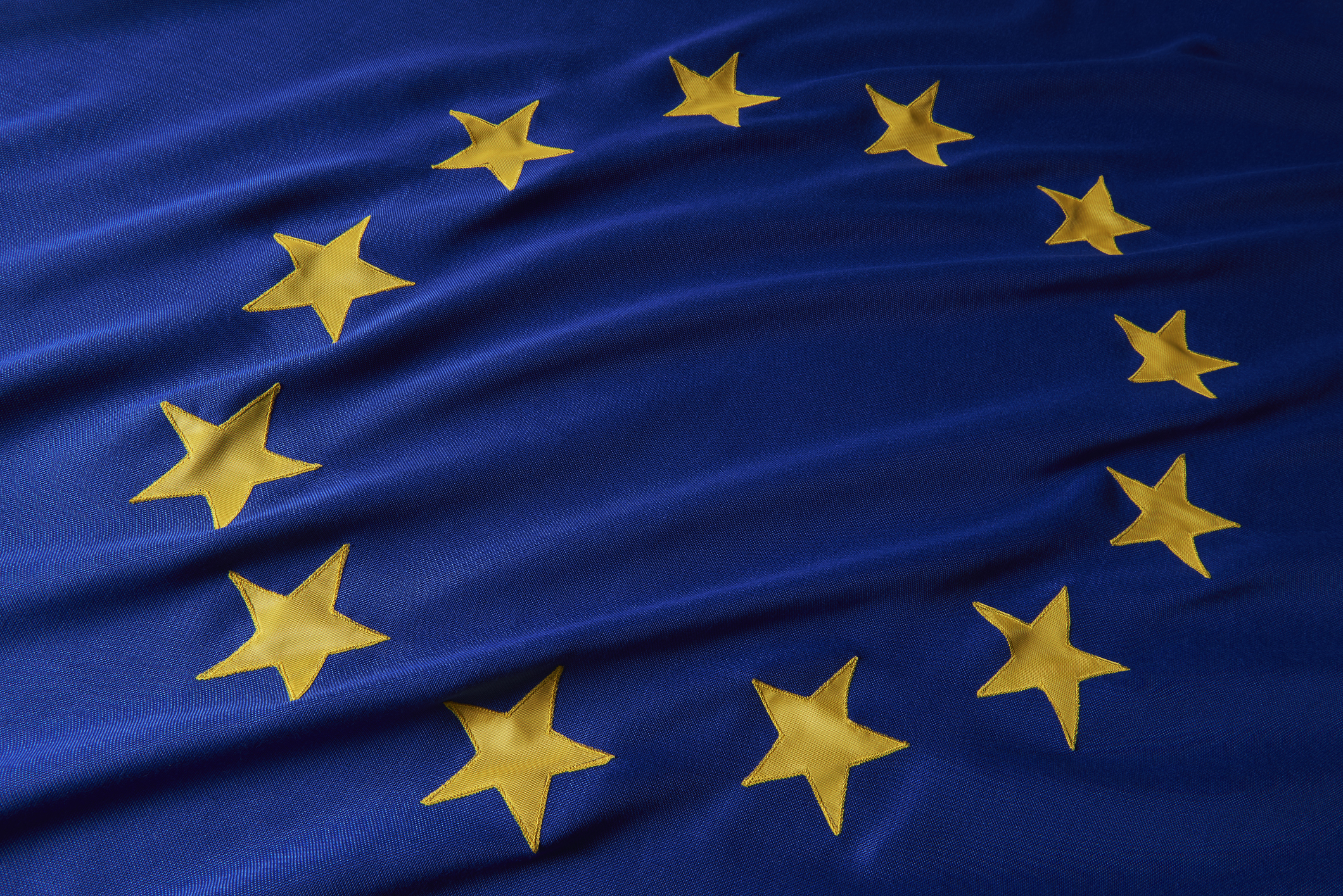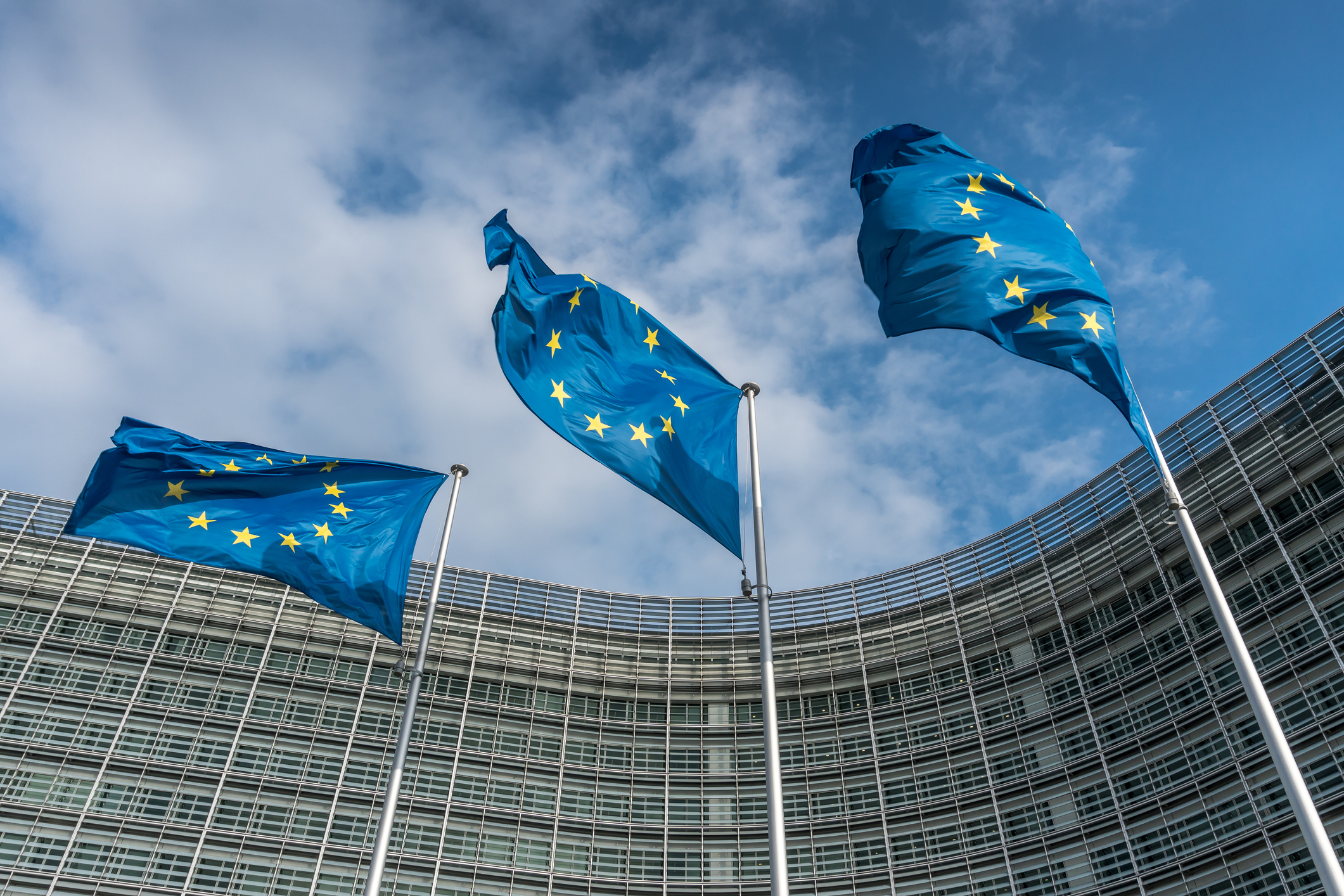EU warns internet giants on privacy
A letter from the Article 29 Data Protection Working Party has been sent to Google, Yahoo and Microsoft telling them to buck up their ideas when it comes to online privacy.


A senior European Union (EU) official has warned the three leading search engines to get inline with EU suggestions and delete users' browsing history more quickly.
The chairman of the Article 29 Working Party (WP29), Jacob Kohnstamm, has written letters to Google, Yahoo and Microsoft conceding that improvements had been made but they needed to go further to protect their user's privacy.
The companies currently hold IP addresses in the search query log files for nine months but Kohnstamm wants them to cut this down to six months.
He also wants "a reduction of the possibility to identify users in the search logs and the creation of an external audit process to reassure users that you are delivering on your privacy promises, i.e. by involving an independent and external auditing entity."
In his letter to Google Kohnstamm wrote: "Fair and lawful processing of personal data by search engines is becoming more and more crucial due to the explosion and proliferation of audiovisual data (digital images, audio and video content) and the increasing use of geolocation on the internet."
"Given the predominant role of the Google search engine in the daily lives of all citizens of the European information society, the apparent lack of focus on privacy in this area is concerning."
However, Google thinks it has performed much better than it has been given creit for by Kohnstamm.
Get the ITPro daily newsletter
Sign up today and you will receive a free copy of our Future Focus 2025 report - the leading guidance on AI, cybersecurity and other IT challenges as per 700+ senior executives
A spokesperson from the company told IT PRO: "Google was the first search engine to reduce the time it stores search logs, and the first to anonymise them."
"We develop our policies based on what provides the best experience for users both in terms of respect for their privacy and the quality and security of our services. Our current retention policy represents the most responsible balance between these two important concerns."
Microsoft has taken a different tact and said it will abide by the WP29's recommendations.
Thomas Myrup Kristensen, senior EU policy director at the company, said in a statement: "Microsoft will delete the entire IP address from search queries at six months in keeping with the Working Party's recommendation."
Before he finished, Kristensen took a dig at Google, adding: "We look forward to the continued dialogue with the WP29 on all aspects of compliance and encourage them to ensure that the whole search market, including the 95 per cent that in some markets is held by a single company, is held to a single standard."
Privacy is becoming an increasingly prominent topic in the internet world. Facebook has been hitting the headlines all week regarding its privacy flaws and attempts to bring in new controls whilst Google has faced months of criticism over its Buzz social network.
We contacted Yahoo for comment as well but it had not responded to our request at the time of publication.
Jennifer Scott is a former freelance journalist and currently political reporter for Sky News. She has a varied writing history, having started her career at Dennis Publishing, working in various roles across its business technology titles, including ITPro. Jennifer has specialised in a number of areas over the years and has produced a wealth of content for ITPro, focusing largely on data storage, networking, cloud computing, and telecommunications.
Most recently Jennifer has turned her skills to the political sphere and broadcast journalism, where she has worked for the BBC as a political reporter, before moving to Sky News.
-
 Cleo attack victim list grows as Hertz confirms customer data stolen
Cleo attack victim list grows as Hertz confirms customer data stolenNews Hertz has confirmed it suffered a data breach as a result of the Cleo zero-day vulnerability in late 2024, with the car rental giant warning that customer data was stolen.
By Ross Kelly
-
 Lateral moves in tech: Why leaders should support employee mobility
Lateral moves in tech: Why leaders should support employee mobilityIn-depth Encouraging staff to switch roles can have long-term benefits for skills in the tech sector
By Keri Allan
-
 Forcing Apple to allow alternative app stores might cause major security risks
Forcing Apple to allow alternative app stores might cause major security risksAnalysis Apple will be forced to allow third-party marketplaces on its devices, but some experts have raised serious security concerns
By Solomon Klappholz
-
 Why bolstering your security capabilities is critical ahead of NIS2
Why bolstering your security capabilities is critical ahead of NIS2NIS2 regulations will bolster cyber resilience in key industries as well as improving multi-agency responses to data breaches
By ITPro
-
 New EU vulnerability disclosure rules deemed an "unnecessary risk"
New EU vulnerability disclosure rules deemed an "unnecessary risk"News The vulnerability disclosure rules in the Cyber Resilience Act could also cause a “chilling effect” on security researchers
By Ross Kelly
-
 Are you ready for NIS2?
Are you ready for NIS2?WEBINAR Find out what you should be doing to prepare for the EU’s latest data protection regulation and UK equivalent with our free webinar
By ITPro
-
 EU regulators are digging their heels in despite big tech’s Data Act pushback
EU regulators are digging their heels in despite big tech’s Data Act pushbackAnalysis EU regulators are no strangers to big tech regulatory push back, so why do companies still persist?
By Ross Kelly
-
 Microsoft's EU Data Boundary will begin staggered rollout in January 2023
Microsoft's EU Data Boundary will begin staggered rollout in January 2023News Public sector and commercial customers will be the first to benefit when the rollout begins on 1 January across all of Microsoft's core services
By Ross Kelly
-
 EU watchdog fights against rules permitting Europol's ‘unlawful’ data practices
EU watchdog fights against rules permitting Europol's ‘unlawful’ data practicesNews The pushback follows allegations that Europol was allowed to write its own rules when it came to handling sensitive data
By Connor Jones
-
 EU to introduce strict IoT security regulation
EU to introduce strict IoT security regulationNews Manufacturers will be required to assess all risks, and notify the EU of issues within 24hrs
By Rory Bathgate